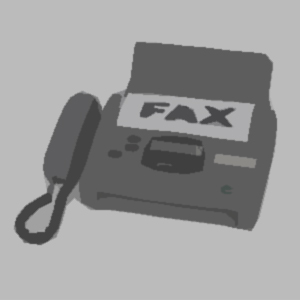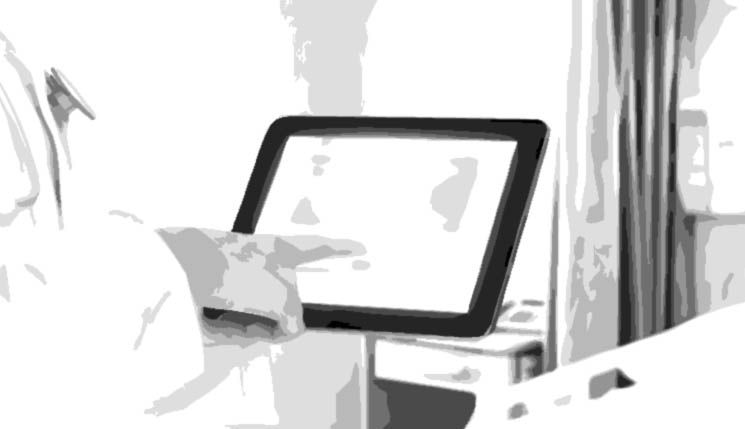
by medicaltechont | Jul 4, 2021 | EHR
When Island Health introduced its new electronic health record system at Nanaimo Regional Hospital in 2016, there was serious pushback from some physicians. It was felt the system was too cumbersome to work with, and several departments, including the emergency department and the intensive care unit, partially reverted to using paper records.
Read more at the Times Colonist by clicking here clicking here.

by medicaltechont | Jun 19, 2021 | Apple, Apple Watch, Healthcare, Technology
 The WWDC presentation was jam-packed with new capabilities for its hardware devices. Its initial Health app, released in 2014, contained personal health and wellness updates; pushing Apple into the healthcare arena. It’s difficult to judge the impact of Apple’s work in these areas at the moment, and health-related product announcements aren’t always as big as user interface changes. Apple’s main focus is to collect health data from your iPhone, Apple Watch, and other apps so you can keep track of your progress in one location. Apple’s devices are able to track your steps and walking; while running distances are automatically monitored by Health. You can look at long-term patterns or go into the nitty gritty of a variety of health parameters.
The WWDC presentation was jam-packed with new capabilities for its hardware devices. Its initial Health app, released in 2014, contained personal health and wellness updates; pushing Apple into the healthcare arena. It’s difficult to judge the impact of Apple’s work in these areas at the moment, and health-related product announcements aren’t always as big as user interface changes. Apple’s main focus is to collect health data from your iPhone, Apple Watch, and other apps so you can keep track of your progress in one location. Apple’s devices are able to track your steps and walking; while running distances are automatically monitored by Health. You can look at long-term patterns or go into the nitty gritty of a variety of health parameters.
I have an Apple Watch and find it to be one of the most useful and adaptable gadgets available. With so many other companies on the market, Apple has delivered a solid and reliable device focused on the user experience while continuing to advance in healthcare by leaps and bounds. Apple’s devices can monitor your steps, walking, running distance, heart rate and nutrition; along with providing additional information on sleep analysis, heart rate variability and weight. During the pandemic, there have been several changes, including a shift in how we collect information about our health. With this shift Apple stated that privacy and security are an important aspect of the value of its products.
Apple will continue to be present as we move forward, providing a more consistent application of care. Want to watch the entire WWDC presentation? Click here.

by medicaltechont | Jun 16, 2018 | Healthcare
Two-thirds of Canadian doctors say their primary means of communication with other physicians is by fax.
Medical clinics in this country, on average, send and receive a mind-boggling 24,000 pages of faxed information annually. Only about one-third of family physicians and specialists e-mail their colleagues for clinical purposes, never mind patients.
These data, from a 2017 survey of clinicians by Telus Health, remind us that, in the digital age, health care continues to cling desperately to the facsimile machine, a clunky technology that most industries have long ago relegated to the scrap heap.
Health care is slow to change. Medicine has an intrinsic (verging on pathological) aversion to risk. If a bank introduces a new technology and it flops, that’s an inconvenience for customers; if a hospital does so, it can be deadly. The stakes are higher.
https://www.theglobeandmail.com/opinion/article-why-are-fax-machines-still-the-norm-in-21st-century-health-care/

by medicaltechont | Jun 9, 2018 | Cloud, Privacy, Security
The economic damage of a successful major cyber-attack against a large cloud services provider could be similar in scale to the financial impact of a destructive hurricane.
The destructive tropical cyclone hurricane Katrina hit the US in 2005, causing $108bn in damage — but that could be exceeded by the cost of a major cyber-attack, according to one expert.
Read more at https://www.zdnet.com/article/cloud-computing-why-a-major-cyber-attack-could-be-as-costly-as-a-hurricane/

by medicaltechont | Mar 3, 2018 | Healthcare
As the world changes in all spheres, medicine has also experienced a great revolution, especially in its use of technology. Amazing technologies have been birthed in the last three years while also revolutionizing simplified patient care.
These are the new innovations in medical technology that have set a new pace and direction for the practice of medicine.
Read more at http://www.medicaltourismmag.com/breakthroughs-medical-technology/
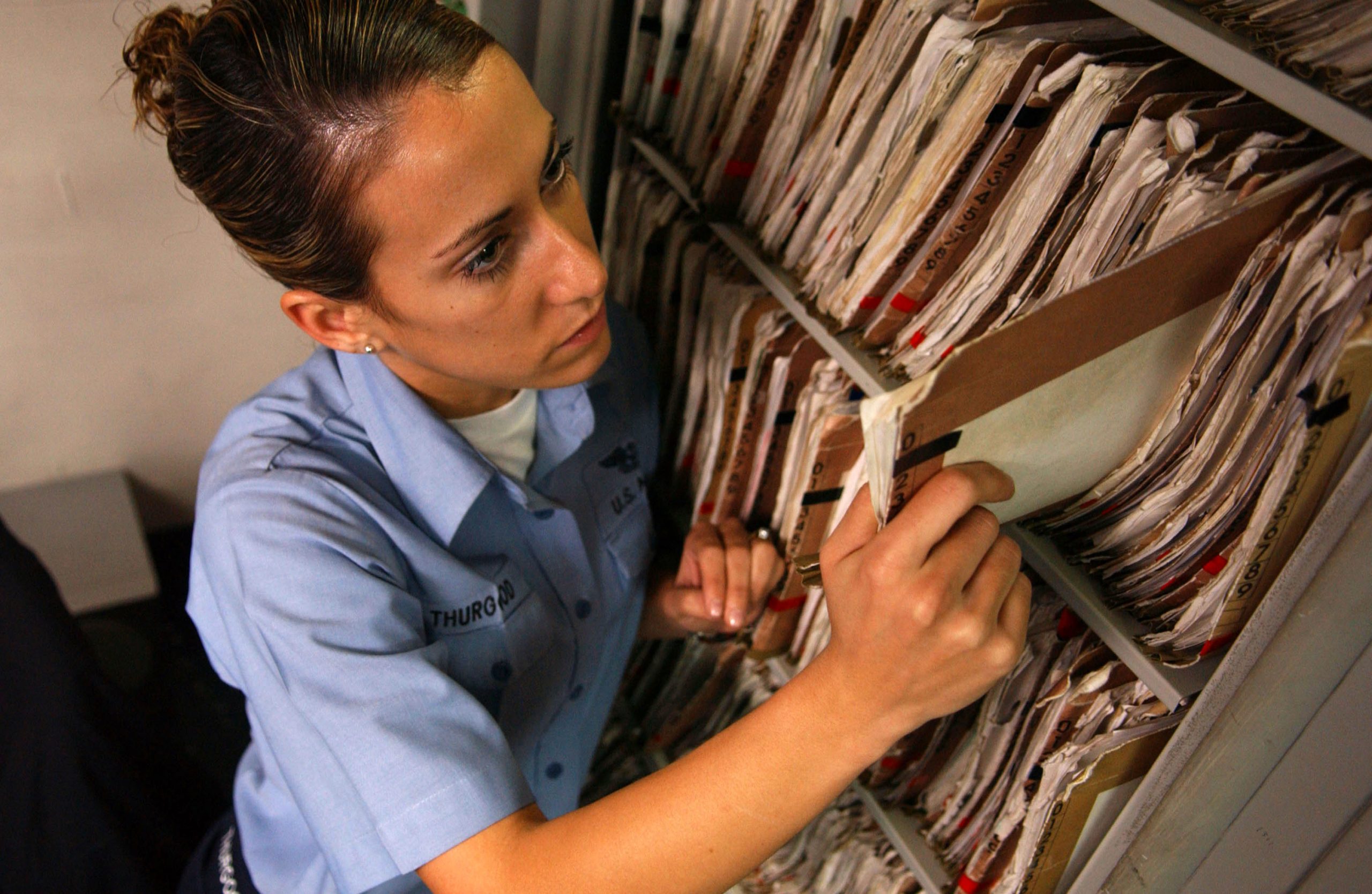

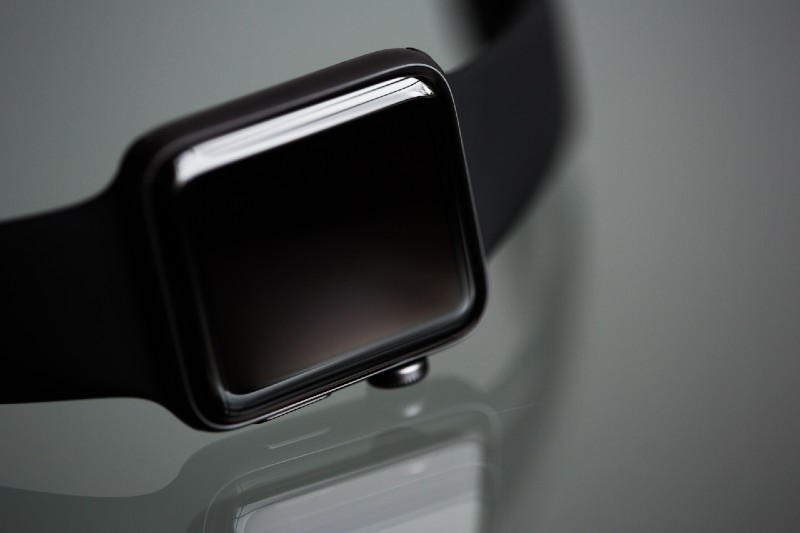
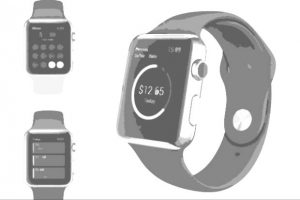 The
The 